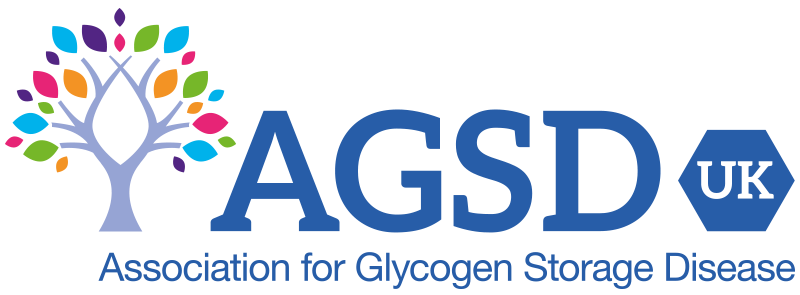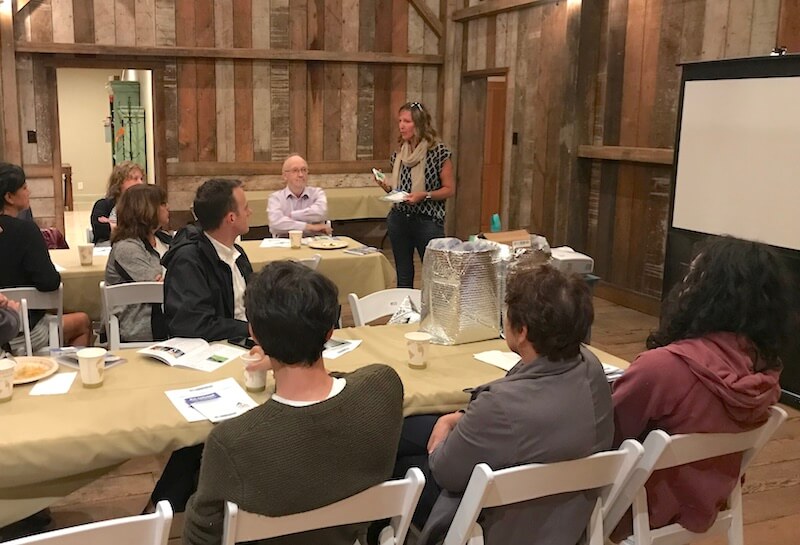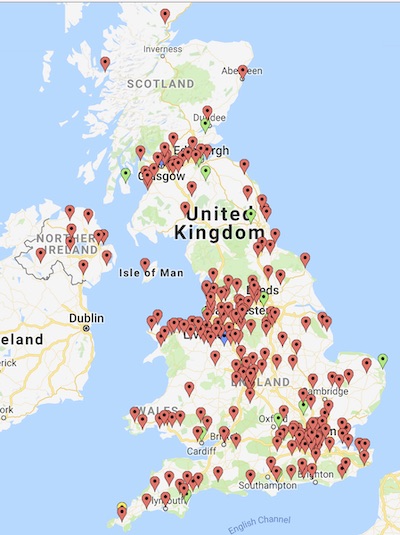A wealth of information and guidance available online and in printed form, plus support from the McArdle’s Coordinator and opportunities to meet others affected by McArdle’s.
We offer multiple sources of support
Support from the Coordinator
The McArdle’s Coordinator can assist in many ways. This voluntary role is very varied but includes support to members by providing information and answering questions; acting as a patient advocate; organising the McArdle workshop at the annual conference and the annual walking course events.
Sharing with others affected in a workshop.
Contacting other people with McArdle’s
People who are newly diagnosed with McArdle disease usually have a great number of questions. As well as talking to the Coordinator, sometimes it is appropriate to put patients in touch with each other because either they live in the same area or have similar circumstances. This is done by the Coordinator with the advance approval of both parties.
Other ways to meet are in the McArdle workshops at the AGSD-UK conference, at the McArdle’s clinic, and on our walking courses.
It is also very useful to read about other people’s experiences. See the selection of “Personal stories” on the McArdle’s introductory page.
Specialist Care Advisor
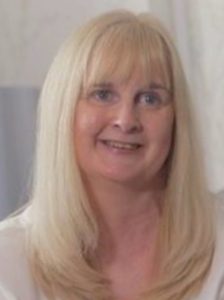 AGSD-UK specialist care advisor Elizabeth Davenport is available to help with all aspects of non-clinical support. She can offer a listening ear plus information and advocacy around a whole range of issues, including education, your rights at work, social care, transport, housing, and community grants, so you can get the support and services you need.
AGSD-UK specialist care advisor Elizabeth Davenport is available to help with all aspects of non-clinical support. She can offer a listening ear plus information and advocacy around a whole range of issues, including education, your rights at work, social care, transport, housing, and community grants, so you can get the support and services you need.
Don’t hesitate to contact Elizabeth by email
Benefits Advisor
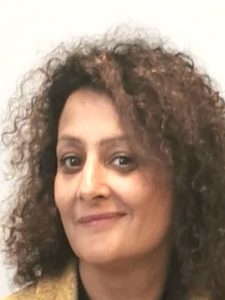 AGSD-UK benefits advisor Zainib Hussain can help with applications and appeals for benefits such as universal credit, personal independence payment, disability living allowance/child disability payment, employment support allowance and carer’s allowance.
AGSD-UK benefits advisor Zainib Hussain can help with applications and appeals for benefits such as universal credit, personal independence payment, disability living allowance/child disability payment, employment support allowance and carer’s allowance.
To discuss what you might be entitled to and for help with any claims, just email

International Association for Muscle Glycogen Storage Disease
IamGSD is a patient led body whose mission is to improve the lives of all those affected by any of the muscle GSDs. They have extensive information about McArdle’s on their web site and are producing new publications.

The UK McArdle Clinic
Many patients are diagnosed at hospitals around the UK where, due to the rarity of the condition, the consultant concerned has few or no other McArdle patients. The support on offer is therefore often very limited. However, patients may ask their GP to refer them to the UK’s national McArdle Clinic, based at the Centre for Neuromuscular Disease in London. At the clinic they will receive a broad range of medical support, be kept up to date with the latest information and be able to meet other patients.
For full details please see the tab ‘McArdle’s clinic’ under ‘Diagnosis & management’.
Map of people with McArdle’s
We maintain a map of people in the UK affected by McArdle’s, to help facilitate finding peer-to-peer support when it is desired. You can ask to have your name and a choice of contact information added to the map.
Visit the map page for more details, or contact the Coordinator.
Walking courses
Testimonials from course participants.
About so much more than walking, these events are a great opportunity to meet others with McArdle’s, swap experiences, learn the best techniques for managing this condition and expand your boundaries in a safe, understanding and supportive environment. People from 16 countries have attended to date, ages 5 to 78.
Watch our 4-minute video of testimonials, above, and go to the walking courses tab for another video and more information.
Meet other patients and professionals at the AGSD-UK annual conference.
Workshops at the annual conference
At the AGSD-UK annual conference, usually held on a weekend in October, we have McArdle workshops. This is an excellent opportunity for patients to meet each other and get together socially. There are many sessions, but the workshop usually includes a presentation on a subject relating to research or therapy and is given by a medical professional. Previous talks have included: gene therapy research in Australia; leading McArdle physicians from New York and Copenhagen; and exercise physiologists from the British Olympic Association. We also have an update on the McArdle Clinic and research at the Centre for Inherited Neuromuscular Disease.
Perhaps most importantly of all, we have a patient-focused session when we talk about issues we have in common and share experiences.
